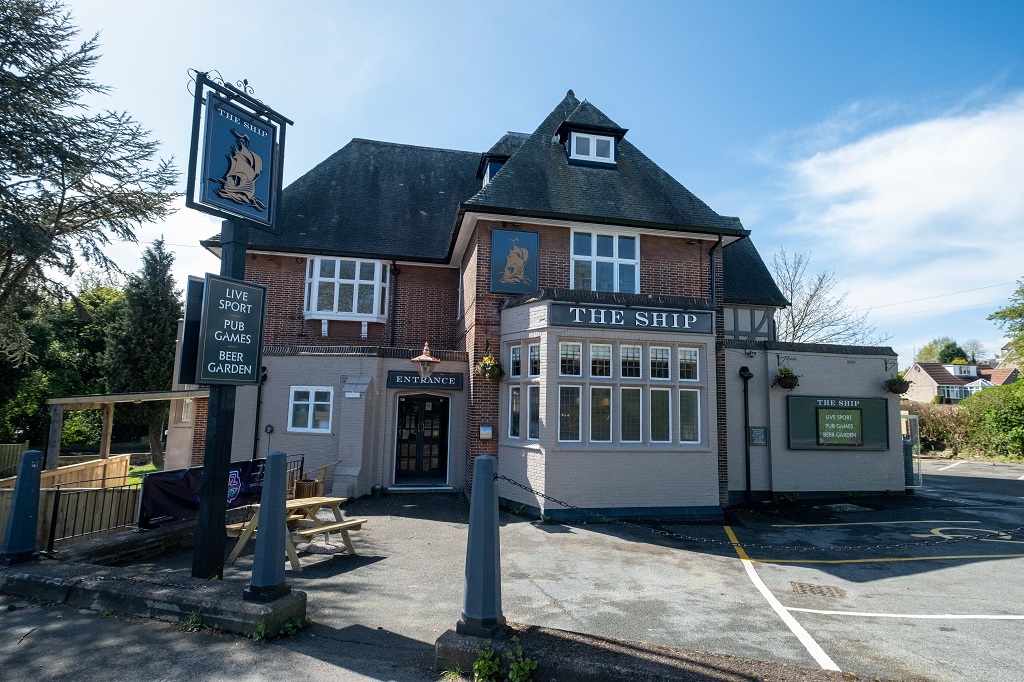MIPIM | Homes England on devolution, viability, Green Belt
 Chief executive Peter Denton said the agency is eager to partner with local authorities to support the delivery of better housing and places after Michael Gove put the boosters under its mandate.
Chief executive Peter Denton said the agency is eager to partner with local authorities to support the delivery of better housing and places after Michael Gove put the boosters under its mandate.
“He has given fantastic legitimacy to what we’re doing and actually put it on steroids,” Denton told Place North West at MIPIM.
Much of the momentum Gove has given Homes England comes from the Levelling Up White Paper, which puts an emphasis on the delivery of better-quality homes and more well-thought-out places, according to Denton.
At last year’s edition of MIPIM, Homes England announced it would be taking a more holistic approach.
“[Gove] gave very clear policy direction that we were all to stop focusing on just the quantity of homes, which is still important, and that we had to focus on other aspects,” Denton said.
A year on, Denton insists this shift has been enacted and that recently announced devolution deals present an exciting opportunity for the agency to help areas grow in ways that are right for them.
“We’re focused on how we work with places in a devolved world and support Manchester and the West Midlands and beyond in meeting their aspirations for how they want to regenerate and change their place to equalise opportunity,” he said.
The trailblazer devolution deals, announced at Wednesday’s Budget, will help Greater Manchester and the West Midlands to turbo-charge housing delivery.
In GM, £150m of brownfield funding could unlock 7,000 homes over the next year, and help the conurbation satisfy the demands of its growing population.
This cash injection was welcomed by leaders yesterday and will support the delivery of housing in areas where viability has traditionally been a barrier to private sector appetite.
“There are definitely, unquestionably viability gaps to support and fund,” Denton said.
“One of the things that [the devolution deals] have shown is that the combined authorities will be given greater autonomy of that viability gap funding.”
Homes England is now on hand to help Greater Manchester identify strategic growth areas and “work with them to support that ambition”, Denton said.
While a hefty chunk of brownfield funding was welcomed, experts agree that the extent of the housing crisis in the UK means that some Green Belt land will have to be sacrificed to support the growing population.
Denton agrees, urging strong leadership from councils to bring their electorates on side.
“We want to work with leaders who are willing to stand up and take the lead from the front,” he said.
“For those that are not willing to do that, then it’s harder for us to help them.”
The issue of developing on Green Belt land is politically charged. Across the country, local councils are constantly tussling with wanting to find solutions to the housing crisis and maintaining support from the electorate.
Wrangling over Green Belt has significantly delayed the adoption of the Greater Manchester joint spatial strategy, Places for Everyone.
Indeed, in 2020, Stockport’s Conservatives and Liberal Democrats forced the council to pull out of the plan entirely, while recent dissent from rebel councillors in other boroughs has cast further doubt on PfE.
As well as concerns around building on green space, dissenters often point to the strain large numbers of additional homes would put on local infrastructure.
One way councils and the development community can attempt to win the Green Belt argument is by ensuring that the necessary infrastructure is included in plans, Denton said.
“I think it’s easier to convince local electorates to see a new town or a new area built with schools, GP surgeries, community hubs [rather] than just another housing estate,” Denton said.
“That’s the right thing to do.”
Denton is keen to stress that his mandate is to take look at previously developed sites before Green Belt, but adds that it is not the only way to deliver housing.
“The Secretary of State has been very clear. It’s a brownfield first strategy. But the point is ‘first’,” he said.
Homes England’s chief executive pointed to the 47 Garden Villages the agency manages across the country as examples of how Green Belt development is coming forward in a considered way.
These schemes could unlock 325,000 homes and have the support of local authorities, he said.
“This issue of Green Belt versus brownfield is not going away.
“Thirteen [of the Garden Village schemes] are over 10,000 homes each. And there is a place for that as much as there is on a brownfield site.”
Place North West MIPIM 2023 coverage is sponsored by Together.





If you go back a few years before an elected Mayor, GMCA had agreed the GMSF and we’re progressing. Now 5 years later we’re still wrangling over green belt allocations and with the economic benefits of new homes, shelter and construction all lost. That’s down to the elected Mayor. What a waste, mind you Gove isn’t helping delivery by undermining plans and targets.
By TJL